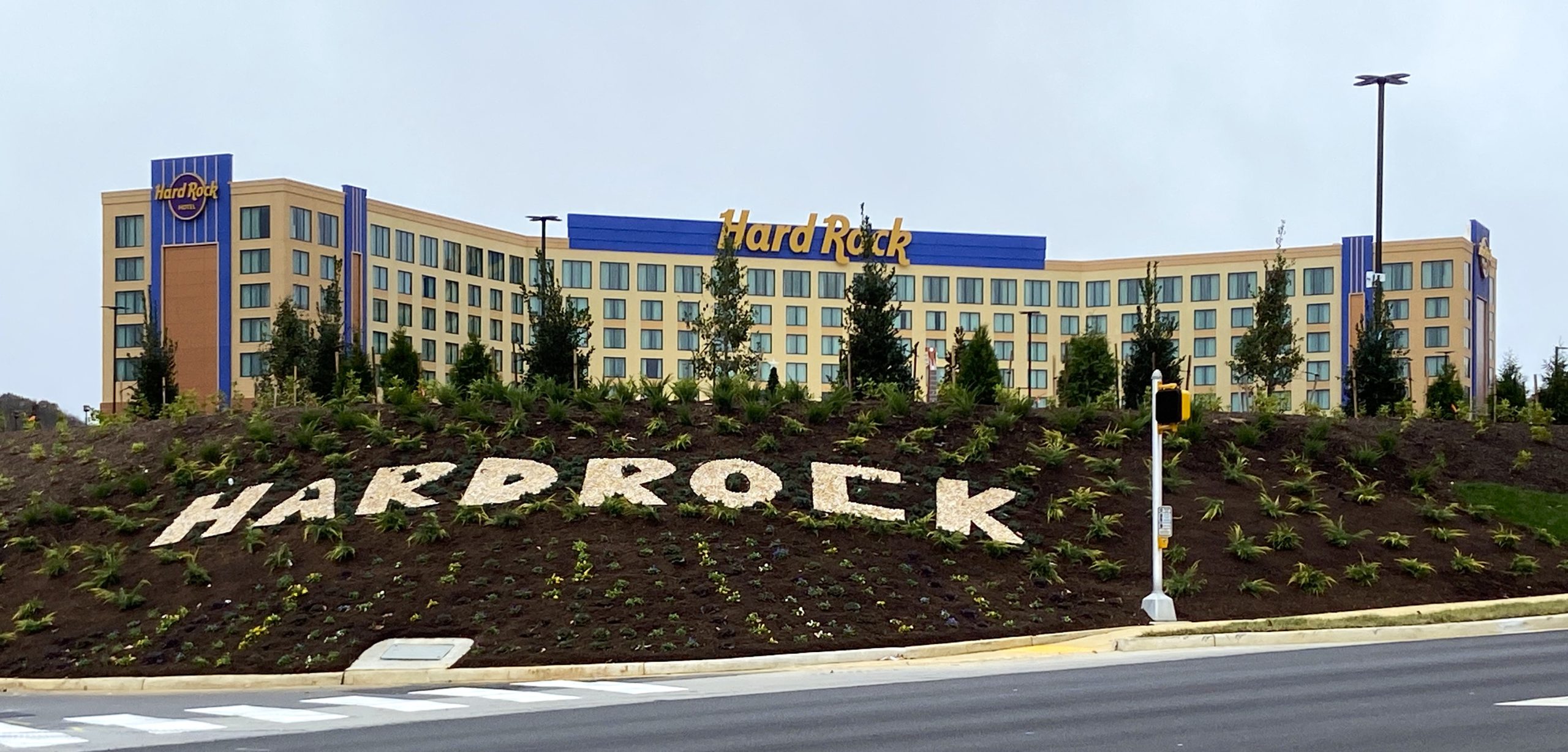In an industry where the house usually wins, Full House Resorts is struggling.
New information has emerged about the Las Vegas-based company seeking to build a $500 million casino and hotel complex in New Haven. Its financial situation warrants serious scrutiny from local and state officials responsible for making decisions in the public interest.
As reported Saturday by The Journal Gazette’s Sherry Slater, Full House’s 2024 annual report to the Securities and Exchange Commission outlines 55 areas of vulnerability. These include the risk of an economic downturn reducing discretionary spending, reliance on technology that cyberattacks could compromise, and significant debt that raises concerns about the company’s long-term viability. Most alarming is the financial instability reflected in its filings: Full House reported long-term debt of nearly $480 million — almost three times its market capitalization of $175 million. In a way, it’s a refreshingly honest take, which is what SEC filings ought to be for the public.
That does not mean a turnaround is impossible, but, like gambling, there is no sure thing.
Mayor Steve McMichael’s enthusiasm for the project is based on the promised tax revenue, job creation and economic growth. However, these projections depend on the operator’s ability to deliver. If Full House’s financial health deteriorates or an economic downturn hits, New Haven could be left with a stalled project or an underperforming casino that fails to generate the promised benefits.
New Haven officials must secure ironclad guarantees before moving forward. Full House must demonstrate the financial stability needed to complete the project and the ability to sustain it in the long term. Additionally, protections must be in place to safeguard the community should the company default or underperform.
Research by Alan Mallach for the Federal Reserve Bank of Boston provides valuable insight into how casinos can successfully integrate into a community. His study found that casinos thrive when they attract visitors from outside the host city, bringing in new revenue rather than merely redistributing local spending. Economic benefits also depend on whether jobs go to local residents rather than workers from outside the area, ensuring more money stays in the community.
These factors are particularly important given Full House’s approach. The company plans to build the casino first, with a hotel and conference center coming later. Furthermore, cities that negotiate a larger share of tax revenue from casino operations tend to see greater benefits. For example, Detroit receives 40% of its combined state and local casino tax revenue, meaningfully impacting its fiscal health.
New Haven and state leaders must determine whether Full House Resorts has the resources and strategy to succeed in Indiana. With its finances in flux, can it build a casino that attracts visitors, supports local jobs and contributes to the economy? Economic growth requires more than optimism and hope.





